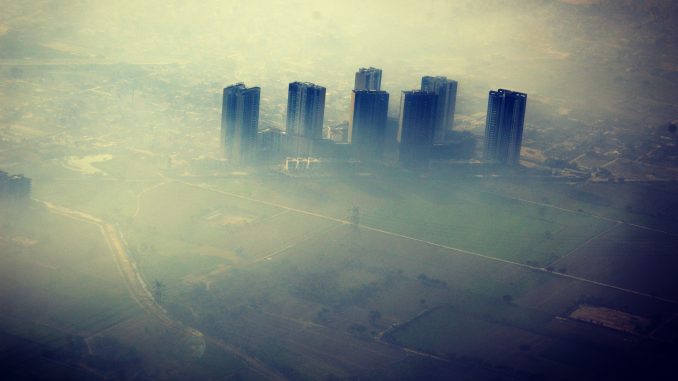
Considering one in every eight deaths globally can be linked to air pollution, it is a wonder it has taken so long for so many countries to act. According to some studies, as many as seven million people a year die from it, yet it is only in the last few years that major schemes have been rolled out to combat the threat. A number of high-profile strategies have been launched around the world to address the issue in major cities – with varying degrees of success.
Last year, findings from one study from the World Health Organisation (WHO) found that the Indian capital of Delhi had the dirtiest atmosphere of 1,600 cities around the world. India did not agree with the findings, although it did begrudgingly admit that the levels were comparable to those of Beijing in China, which was previously thought to be the world leader in terms of dirtiest atmosphere, at certain times of year.
The government reacted swiftly, banning all new large diesel cars and SUVs with engines larger than 2000cc and phasing out tens of thousands of old diesel taxis.
They are also following the French example of periodically banning cars with odd and even number plates. Speaking of France, many vehicles are prohibited in historic areas of the French capital over weekends, as well as odd-and-even number plate bans. A new sticker system – known as ‘Crit’Air vignettes’ – has also been introduced aimed at highlighting the pollution levels of a certain vehicle. Like the UK, it has also pledged to end the sale of diesel and petrol cars by 2040.
It leaves other European nations, such as the UK, trailing in its wake, but it is the major developing nations where the heart of the problem lies.
In China, 1.1m people die every year from air pollution. That has led the government declaring war on the problem. The strategy: to reduce the production of steel and coal-fired electricity, and replace it with the world’s biggest investment in wind and solar power. March saw the closure or cancellation of 103 coal-fired power plants, while steel production was cut by a staggering 50m tonnes. Given that China is the world’s largest emitter of greenhouse gases, this could have a major effect on the environment world-wide.
The cost has had an impact, forcing many polluting factories to either close or undergo expensive renovations, yet it is the kind of action that is required if China’s continued economic emergence is to continue in a remotely environmentally-friendly fashion. The government has also installed a vast network of air pollution monitors, with the results made public and accessible to anyone with a smartphone.
It is easy to think of air pollution solely in terms of vast factories or swarms of inefficient cars. But in actual fact, a huge number of these deaths – some four to five million – occur in the developing world, where people burn the likes of wood, coal or even animal dung inside their homes for either cooking or heating.
Fixing this problem is neither easy nor cheap, but improved cooking stoves are believed to hold at least part of the solution given they are quicker, more efficient and less harmful. This is not viewed as a long-term solution – that is likely to be found in smoke-free sources of energy such as LPG stoves – but it is a start.
The world’s response to what is a huge and rapidly growing problem may have been tardy thus far, but it is finally picking up momentum across the globe.


Leave a Reply